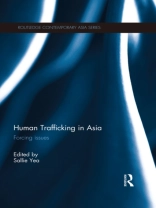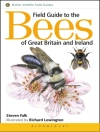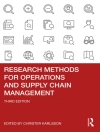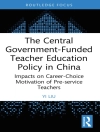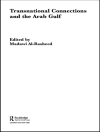By analysing the complex issues surrounding internal and cross-border human trafficking in Asia, and asserting critical perspectives and methodologies, this book extends the range of sites for discussion and sectors in which human trafficking takes place.
The book re-centres human trafficking as an area of legitimate academic inquiry in a region that is often considered as an epicentre for human trafficking: East and Southeast Asia. It thus offers an in-depth analysis and up-to-date knowledge on research methodologies and engagements, patterns and forms of human trafficking, constructively critiquing anti-trafficking campaigns and discourses, and offering examples of good practice within the region that help us move beyond the impasse that currently hampers human trafficking as a field of inquiry in the social sciences.
Providing constructive avenues for human trafficking research to proceed methodologically, theoretically and ethically, this book is of interest to students and scholars of Politics, International Relations and Southeast Asian Studies.
